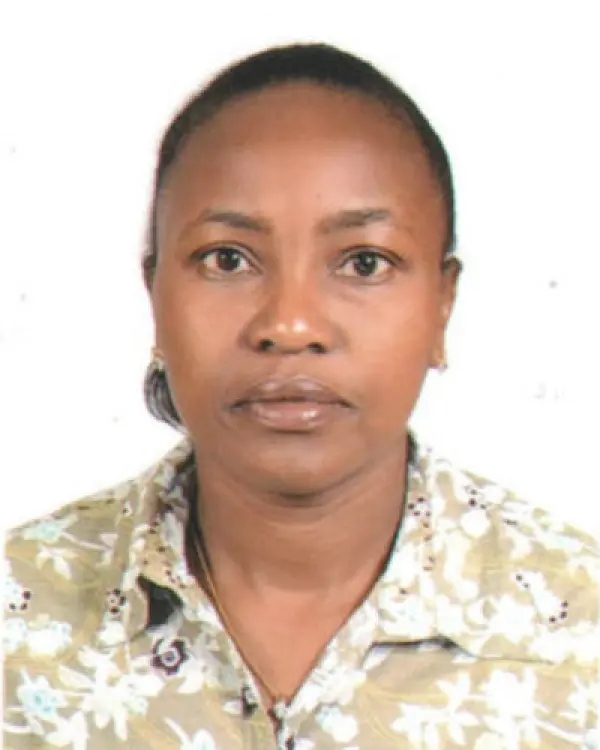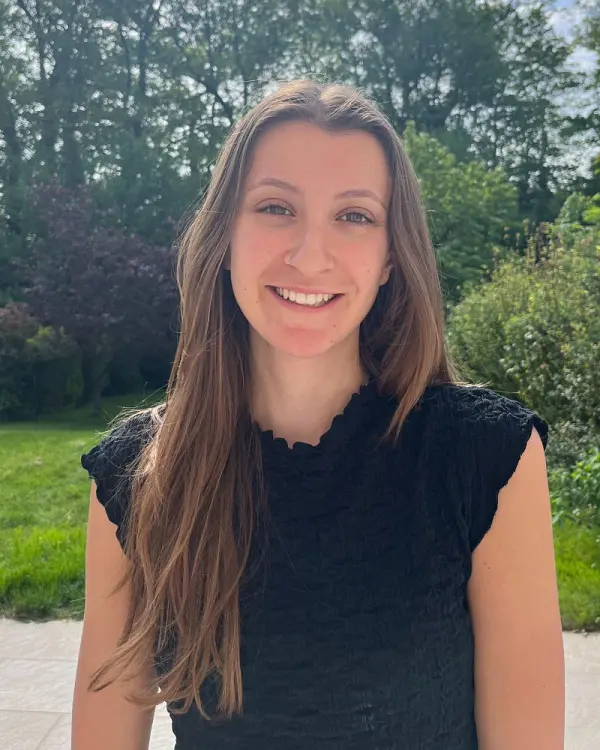Capacity development plays an important role in national GEOs as it ensures that individuals, organizations, and institutions can be equipped with the necessary skills, knowledge, and resources to effectively undertake their roles and responsibilities within the coordination mechanism for Earth observations (EO). National GEOs are established to ensure effective and efficient coordination of EO-related activities at the national level. They may involve multiple stakeholders, including government agencies, civil society organizations, and private sector actors. The success of National GEOs depends on the ability of these stakeholders to work together towards a common goal.
Capacity development can support national GEOs in several ways. First, it can ensure that stakeholders have the necessary technical skills and knowledge to carry out their roles effectively. This includes skills such as project management, data analysis, and communication. It can also help build the leadership and management capacity of individuals and organizations involved in national GEOs. This can support the development of effective strategies and plans, as well as the monitoring and evaluation of progress towards agreed-upon goals. Furthermore, it can also facilitate the exchange of data, knowledge, and best practices between stakeholders, helping to build a shared understanding of the issue or sector being addressed. This can enhance collaboration and cooperation among stakeholders and support the development of innovative solutions to complex problems. With the rapidly growing and evolving geospatial technologies and the need to grow interest in STEM, the youth are a critical target to spur innovations and creativity. It’s important that they are therefore given an opportunity to learn, share and network to be able to grow or sprout new ideas that would benefit society.
This session will therefore, also give an opportunity for the youth to learn about existing tools, applications and technologies being used in various sectors.














